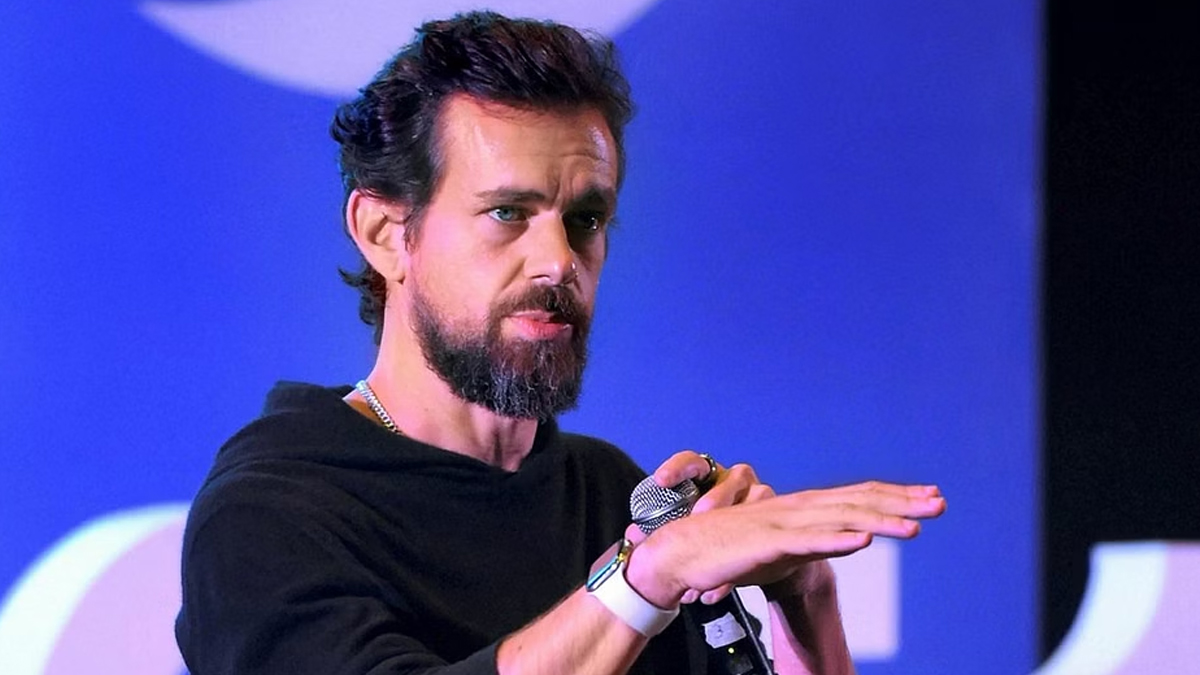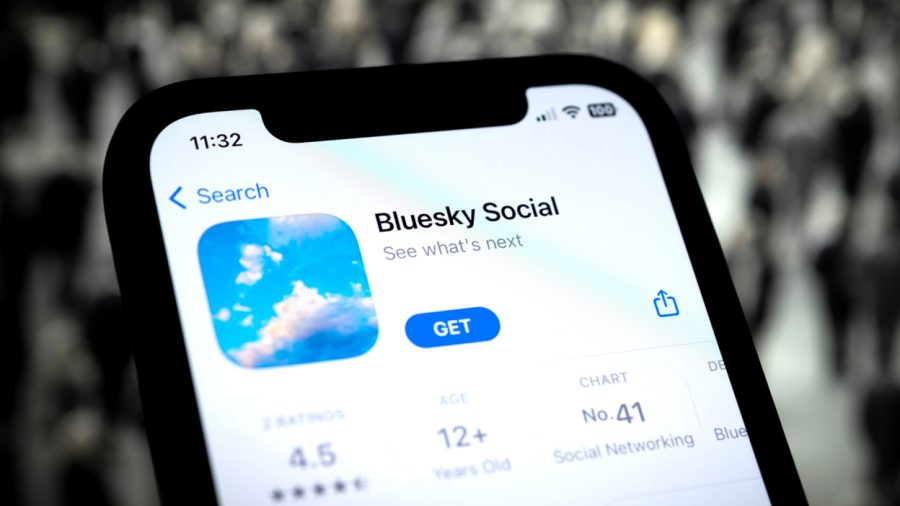
Threads has quickly become one of the most popular applications and a worthy competitor to Twitter. It turns out that Twitter’s creator and founder, Jack Dorsey, had an unintentional part in the overnight success of Thread’s launch.
Dorsey’s Part in Threads’ Success
Threads is not the first application to attempt to clone Twitter. However, it is the first to have posed such a significant threat to the existence of the social media app which is currently struggling under the leadership of Elon Musk. Other notable rivals are Mastodon and BlueSky which was founded by Dorsey.
The success of Threads rides on three main factors: Musk’s mistakes and image issues that have compromised Twitter’s position, Instagram’s massive network, and the growing acceptance of Twitter alternatives. In one way or another, Dorsey has facilitated all of these factors in favor of Threads.
For starters, Dorsey played a part in the growth of Instagram before it was acquired by Facebook. The social media app was created by Kevin Systrom who was a close friend of Dorsey at the time. As such, Dorsey passionately promoted Instagram to his friends and followers on Twitter.
The Twitter founder had so much faith in Instagram’s potential that he tried severally to acquire it multiple times but Systrom refused. After Dorsey’s third offer was turned down, Zuckerberg offered a staggering $1 billion for Instagram (which seemed absurd at the time), and Systrom accepted.
This was a massive blow for Dorsey who had invested so much into the app and had even agreed to be among its first investors when asked by Systrom. Facebook grew Instagram to be a hub for celebrities, which had been Twitter’s competitive edge.
Secondly, Dorsey initiated the acquisition of Twitter to make it a private entity. At the time, he believed that that would be the best solution since running the platform as a publicly owned company and trying to make profits for shareholders while keeping activists on the platform satisfied was not working well.
Jack Dorsey needs to keep quiet because him selling Twitter is why we are headed to Threads https://t.co/vFdkM2FaFL
— Joshua Chenault (@joshuachenault1) July 4, 2023
Unfortunately for Twitter, it fell to its lowest after Dorsey’s friend, Elon Musk, acquired it. At the start, Musk’s actions such as trying to make the platform more of an open public town square and cutting down expenses by reducing workers were viewed to be of benefit to the company. However, layoffs only accelerated and a massive portion of Twitter’s staff was let go.
The situation quickly spun out of control leaving the platform understaffed, as it dealt with lawsuits and hemorrhaged users and advertisers.
This resulted in users looking for a suitable alternative which provided an opportunity for the likes of Mastodon and Threads.
Dorsey also spearheaded the launch of an open-source version of Twitter called Bluesky. The app began as a side-project for Twitter as an open social networking platform that developers could plug into but it eventually turned into a competing alternative.
This presented the idea to other creators that there could exist other forms of Twitter or even a replacement for the falling social media giant. And when Twitter was at its weakest, Zuckerberg struck with Threads that shook the platform down to its numbers.
According to SimilarWeb, a company that conducts web analytics for sites and platforms, in the first two days after the launch of Threads activity on Twitter decreased by 5%. Compared to the same week in 2022, Twitter has also suffered an 11% decline in activity.
With over 113 million downloads in the first week, Threads has taken the internet by storm. However, due to the app’s limited functionality and positioning as an extension of Instagram, analysts doubt that the app will still be a major threat once the hype wears off.
This means that other apps including Dorsey’s Bluesky still have a chance at dethroning Twitter.
All Is Not Lost For Jack Dorsey and Bluesky

Bluesky has racked up 1 million users since its launch in April this year. And while that might seem like a small number compared to Threads’, the users can only join the app by invitation. One, therefore, needs an invitation code from a current user on the app to be able to register.
This has created a sense of mystery and exclusivity which in its own way is creating hype for the app. As such, it is expected that the app will blow up when it is finally made available to the general public.
Open source and decentralized Bluesky is offering the transparency that Twitter did not. Additionally, the app has promised its users an ad-free experience making it solely a place to interact, socialize, and network.
Speaking about this in a blog post, the company said:
“While advertising can subsidize services to make them free to the end user, it comes with negative long-term consequences like incentivizing platforms to lock their users in. In the business of advertising, where social media companies exchange user data to serve ads to specific audiences, users become the product.”
This raises the question of how the app will be able to raise revenue considering most apps of its kind do so through advertising. Dorsey and his team seem to have been working behind the scenes on the platform’s revenue model because they recently launched their first paid feature.
The app now sells domain-linked usernames in partnership with Namecheap, a domain name registrar. While this is an unconventional way of making money, the company has coined it in a way that serves the user as well as the platform. The price of a username varies but ranges between $18 and $40 annually making it quite affordable.
It also helps the company be able to verify users’ identities in an organized way while making money. Simply put, Bluesky implemented Twitter’s blue checkmark without the chaos. As the app works on going public, probably later in the year, Twitter has a lot to watch out for.
Related Articles
- Best Social Media Management Tools – Top 11 for 2023
- Zuckerberg’s Twitter Clone Threads Breaks More Records, Crashes Through 150 Million Downloads with Nearly 100 Million Active Users
- Twitter is So Worried About Threads That It’s Paying Creators 10s of Thousands of Dollars to Stay
What's the Best Crypto to Buy Now?
- B2C Listed the Top Rated Cryptocurrencies for 2023
- Get Early Access to Presales & Private Sales
- KYC Verified & Audited, Public Teams
- Most Voted for Tokens on CoinSniper
- Upcoming Listings on Exchanges, NFT Drops